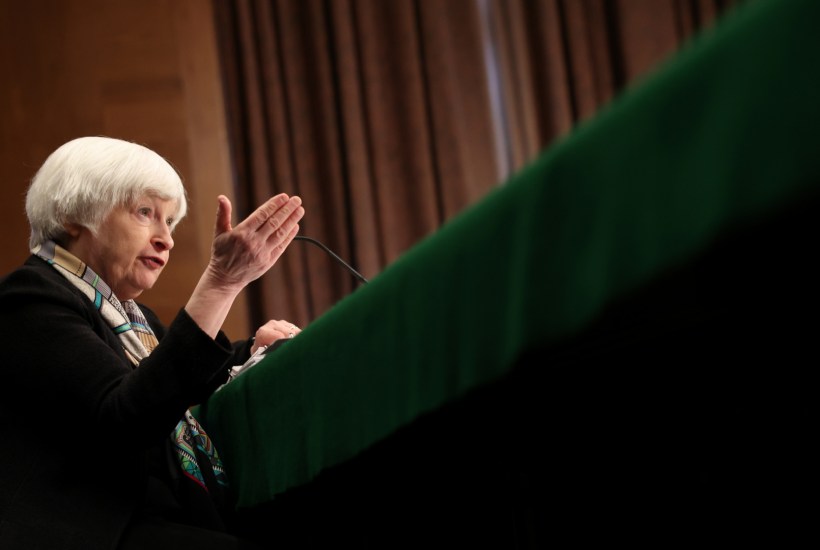We must be bolder in seizing frozen Russian assets, writes the Prime Minister in a Sunday newspaper. ‘That starts with taking the billions in interest these assets are collecting and sending it to Ukraine.’ Can that really be done? Having consulted international legal opinion, here’s my summary.
The principle of ‘sovereign state immunity’ doesn’t prevent the freezing of state assets, but confiscating them would create a very dangerous precedent, namely that no state’s reserves would be secure in anyone else’s banking system.
Already a subscriber? Log in
Subscribe for just $2 a week
Try a month of The Spectator Australia absolutely free and without commitment. Not only that but – if you choose to continue – you’ll pay just $2 a week for your first year.
- Unlimited access to spectator.com.au and app
- The weekly edition on the Spectator Australia app
- Spectator podcasts and newsletters
- Full access to spectator.co.uk
Unlock this article
You might disagree with half of it, but you’ll enjoy reading all of it. Try your first month for free, then just $2 a week for the remainder of your first year.









Comments
Don't miss out
Join the conversation with other Spectator Australia readers. Subscribe to leave a comment.
SUBSCRIBEAlready a subscriber? Log in